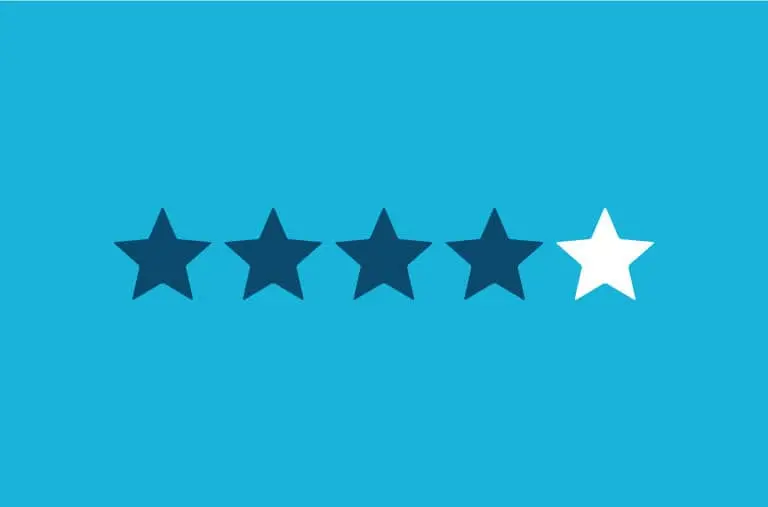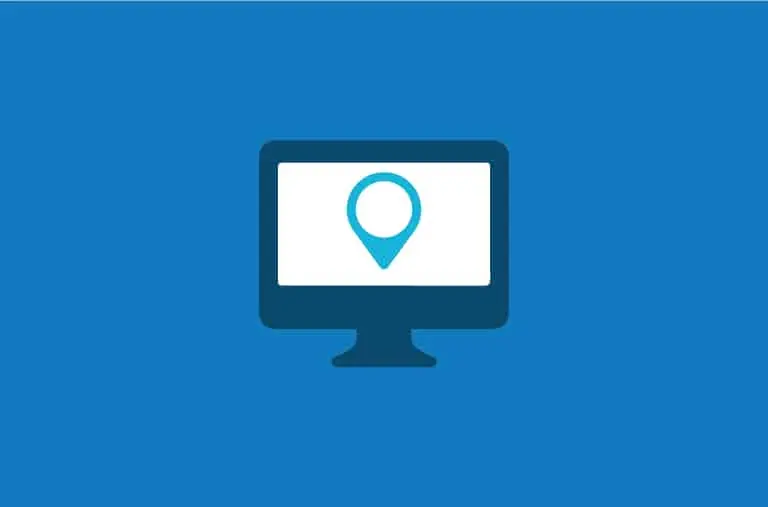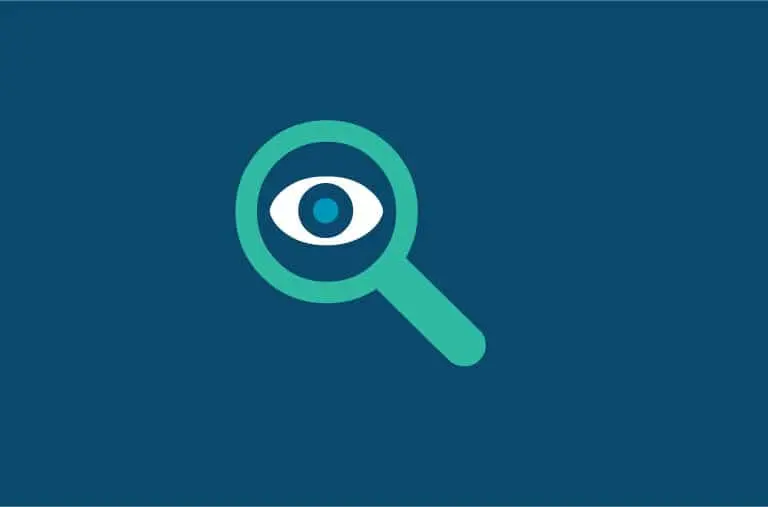What is the best CRM solution for your small business? Regardless of the size of your company, you need to take full advantage of the tools and technologies that can fuel your company’s success. That means using a Customer Relationship Management (CRM) system.
Article at a Glance:
- What to Look for in a CRM for Small Business
- Four Key Areas of CRM
- What CRM Features Do You Need Now?
- Invest in a Quality CRM that Grows With You
- Conclusion
What to Look for in a CRM for Small Business
You need a simple, easy-to-use CRM with the full functionality of an Enterprise CRM without the huge price tag. But which one should you buy? Should you get a simple CRM that only focuses on small businesses? What about contact management for small businesses? Or maybe you need a CRM with email marketing? Should you have a cloud-based CRM or one that is on-premise?
The answer is simple; you need the best CRM system for your growing business. Don’t limit your options based on what you need now. Find a CRM solution that fits your current needs and allows you to grow to use the total solution. Look for tools that aren’t too complex and offer the flexibility of selecting features and pricing for what you need today.
Four Key Areas of CRM
Your customer-facing teams are the core users of your CRM. These teams include sales, marketing, and customer support. Your business may not have all of these teams now, or you may have people that wear multiple hats and cover several roles.
You will need to decide what features you need now and what you will need in the future. The categories below explain the four key modules of all best-in-class enterprise CRM systems.
1. Contact Management – organizes client and prospect information and interactions
2. Marketing Automation – lead tracking, email marketing, and event management
3. Sales Force Automation – track sales opportunities, pipeline reports, quotes, and contracts
4. Customer Service – support tickets, task issuing, escalation, and project management. Overlay features include email integration, mobile app, workflow automation, and business intelligence.
You may not need all these features and functions today, but if your goal is to grow your company, you will need these options at some point. And rather than looking for a good solution now and then having to do the same research again later, find one that will work for you long-term.
What CRM features Do You Need Now?
Contact Management: Every company needs to centralize and communicate important information about its customers and prospects. Many small companies allow their employees to keep track of their customer data with spreadsheets or other simple solutions. But what if they leave? They will take that data with them.
And what if you need that information right now? You’ll have to wait for them to email it to you. You need a CRM contact center that organizes all your clients and future customers’ data and then is able to share this data in real time and run reports on this information.
Benefits of Contact Management for Small Businesses:
- Centralize details about customers and future customers
- Share information internally
- Real-time access
- Create tasks or reminders for yourself or others-escalating when necessary
Marketing Automation: Once your data is centralized in one location, you must communicate with your clients and future customers on a recurring basis. You need a marketing system. You need a tool that sends out custom emails based on past purchases (warranty information or up-sell related products). A tool that informs others of new products and services. A good marketing component of a CRM will also show opened and clicked links and then report your ROI.
Benefits of Marketing Automation for Small Businesses:
- Ongoing personalized email marketing
- Lead scoring and lead nurturing
- Reports of emails opened and links that are clicked
Sales Force Automation: If you have a sales team with many opportunities to track manual sales processes, you could improve your efficiency with a sales automation system. This allows your sales teams to work from the same templates, keeping your data consistent for forecasts and pipelines.
Most CRM offerings provide sales quoting tools with contract and project management. Having this data in one place makes it easy to automatically get updates and last-minute changes. And with CRM dashboards, you will have important details at your fingertips.
Benefits of Sales Automation for Small Businesses:
- Real-time access to forecast reports and sales pipelines
- Sales quoting tools
- Sales activities in a central location
- Bring together sales and marketing
- Pipeline charts and graphs
Customer Service: Customer Service applications are also part of a complete CRM system. This is critical for tracking customers’ questions and issues. Your teams can quickly answer questions by looking up resolutions in a knowledge base or escalating to the right team member.
Having immediate access to solutions will keep your customers happy long-term. Benefits of Customer Support for Small Businesses:
- Helpdesk ticket management-customer portal, emails, and phone calls
- Quick access to knowledgebase resolutions
- Automatic escalation for problem tickets
- Project management for post-sales process tracking
Invest in a Quality CRM that Grows with You
Get the best solution for you now and add on users and features as your small business grows. Overlay features include mobile CRM, workflow automation, email integration, and business intelligence.
You may not need all these features and functions today, but if you want to grow your company, you will need these options at some point. And rather than looking for a good solution now and then having to do the same research again later, find one that will work for you long-term.
Get the best solution for you now and add on users and features as your small business grows.
Conclusion
If you have a small business, you need a CRM system to compete. It won’t take a large investment for you to get a complete CRM management system that can grow with you. Look for solutions with a low user minimum that allows you to buy only the modules you need now.
If you are looking for a CRM with free plans, you will get what you pay for. And then, you will eventually pay a substantial amount when you need more features and users. Focus on CRM companies that care about your business and have the software that fits your processes and not the other way around!
Read more on our CRM SMB page or contact us at 972.304.7111.







